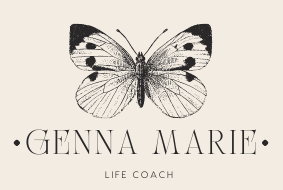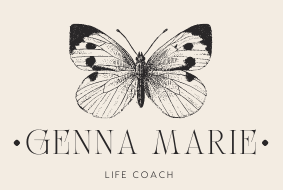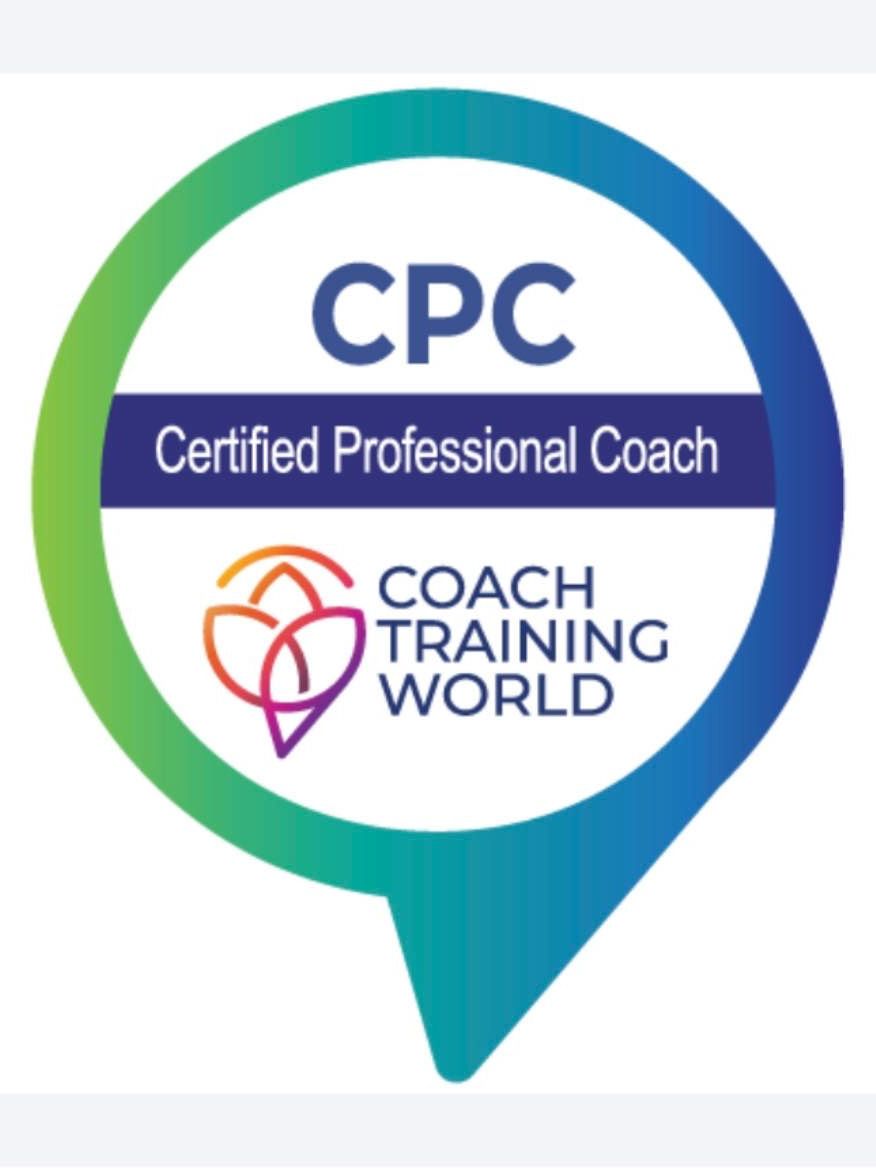Embrace The Pause
In the space between what was and what's next, transformations begins. The pause isn't the ending--it's a moment to breathe, reflect, and realign. Embracing the pause allows you to process, heal, and step forward with clarity and purpose. Your next chapter begins here.
Coaching Options
Become A More Confident You
As a Whole Person Coach, I will work with you to explore how every aspect of your life plays a part in creating the person that you are. Exploring your individual gifts and talents will bring you the confidence you need to succeed in the areas you wish to.
Build Trust
I will be empathetic and authentic in our communications. Together we will share information honestly and openly, while maintaining appropriate boundaries. I will honor your trust by keeping sensitive information confidential.
Look Forward to Your Future
Together we will identify what you want to achieve in different areas of your life, such as career, relationships, health, personal growth, or hobbies. I will guide you in creating specific, realistic, and achievable goals that align with your values and passions.
After a divorce, self-confidence was very difficult for me. I was always looking at myself and questioning whether I was good enough. Working with Genna changed all of that. Her down to earth style goal-setting approach to coaching changed everything. I feel more confident and know how to change my thinking to focus on thoughts and feelings I can control.
-Joseph
Pittsburgh, PA
Interested in Coaching? I'm Here to Help!
Let's work together to get you to where you would like to be. Let's connect to begin your Coaching journey.







